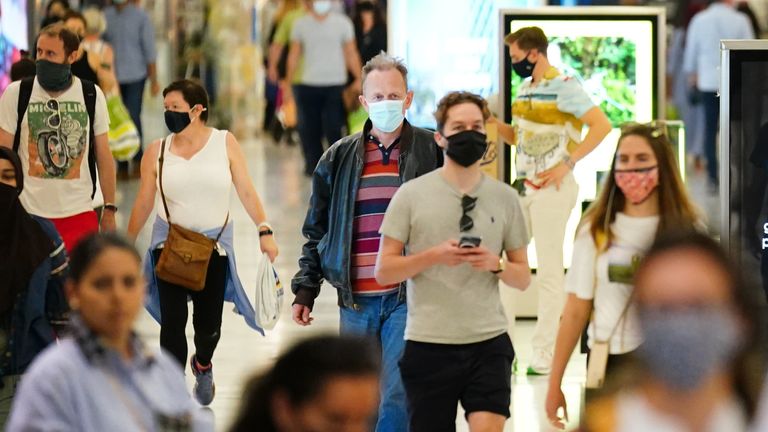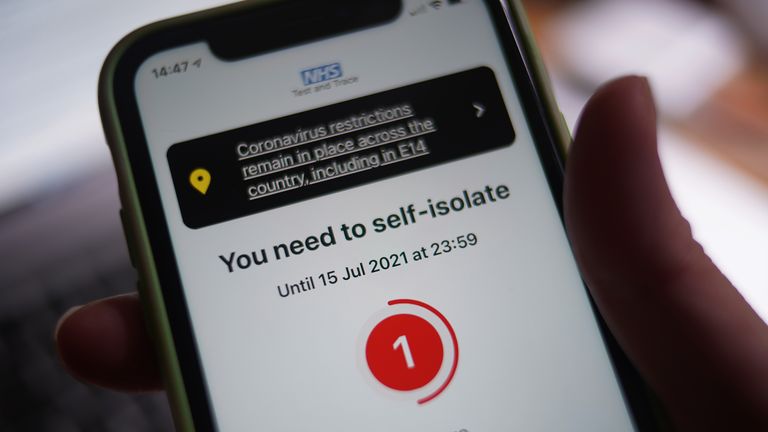Cautious households curbed borrowing and paid off mortgage debt last month
Consumer borrowing did not increase at all last month, according to Bank of England figures, in the latest apparent sign of Britain’s economic recovery stumbling.
Bank data showed that the sum households paid back in July was roughly equivalent to what they were loaned – the weakest demand for consumer credit since February during lockdown earlier this year.
Economists had been expecting an increase of around £400m, up from £300m in June.
Instead, the figures showed that consumers paid off credit cards by a net £102m, offset by a relatively small £60m increase in “other” lending such as car finance and personal loans.
The statistics also indicated a drop-off in the housing market which was likely to have been skewed by the winding down of a stamp duty holiday at the end of June.
Mortgage approvals fell to just over 75,000 – the lowest level since July last year, while there was a net £1.4bn repayment of mortgage debt.
That was after record mortgage borrowing of £17.7bn in June.
The only other month to have seen such a net repayment in the past decade was April last year, at the start of the first COVID-19 lockdown.
Households are still stashing money away too, with £7.1bn deposited with banks and building societies in July, down from June’s £9.6bn but still well above the pre-pandemic trend of £4.7bn.
Ruth Gregory, senior UK economist at Capital Economics, said the figures “do little to ease mounting concerns that the resurgence in virus cases and so-called ‘pingdemic’ brought the consumer recovery to a halt in July”.
Samuel Tombs, chief UK economist at Pantheon Macroeconomics, said the data was “consistent with a further slowdown in the economic recovery in July, driven partly by some households hunkering down again in the face of a surge in COVID-19 cases”.
It comes after recent official figures showed a retail sales slump in July while a closely-watched business survey suggested labour and supply shortages, as well as subdued demand, saw Britain’s recovery faltering in August.
Britain’s economy grew by a robust 4.8% in the second quarter but remained more than 4% smaller than before the pandemic, according to latest official GDP data.
The Bank of England figures came hours after the release of Lloyds Bank’s monthly business barometer showing that confidence among firms was at its highest in more than four years – but acknowledged that staff shortages were a challenge.

